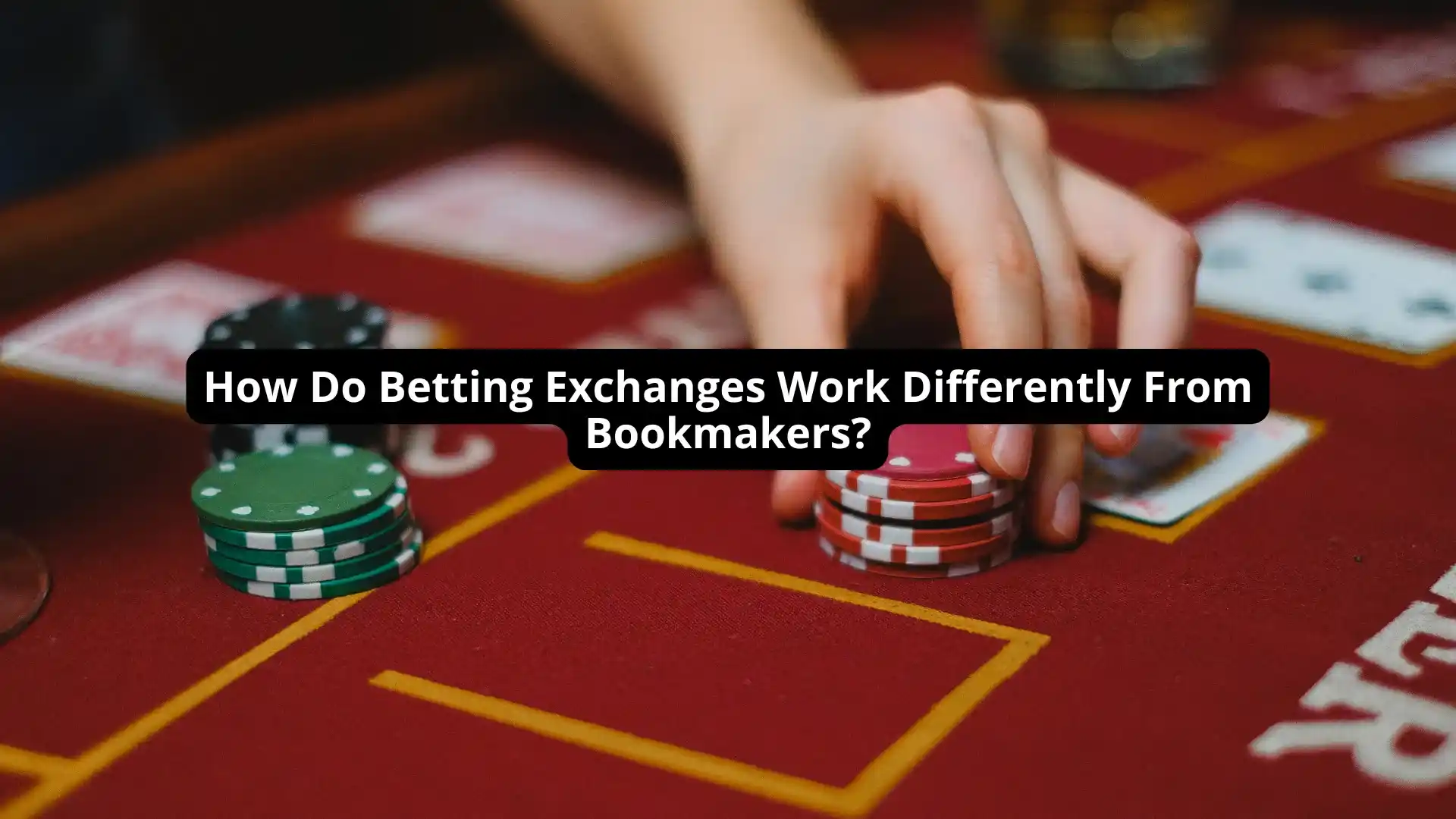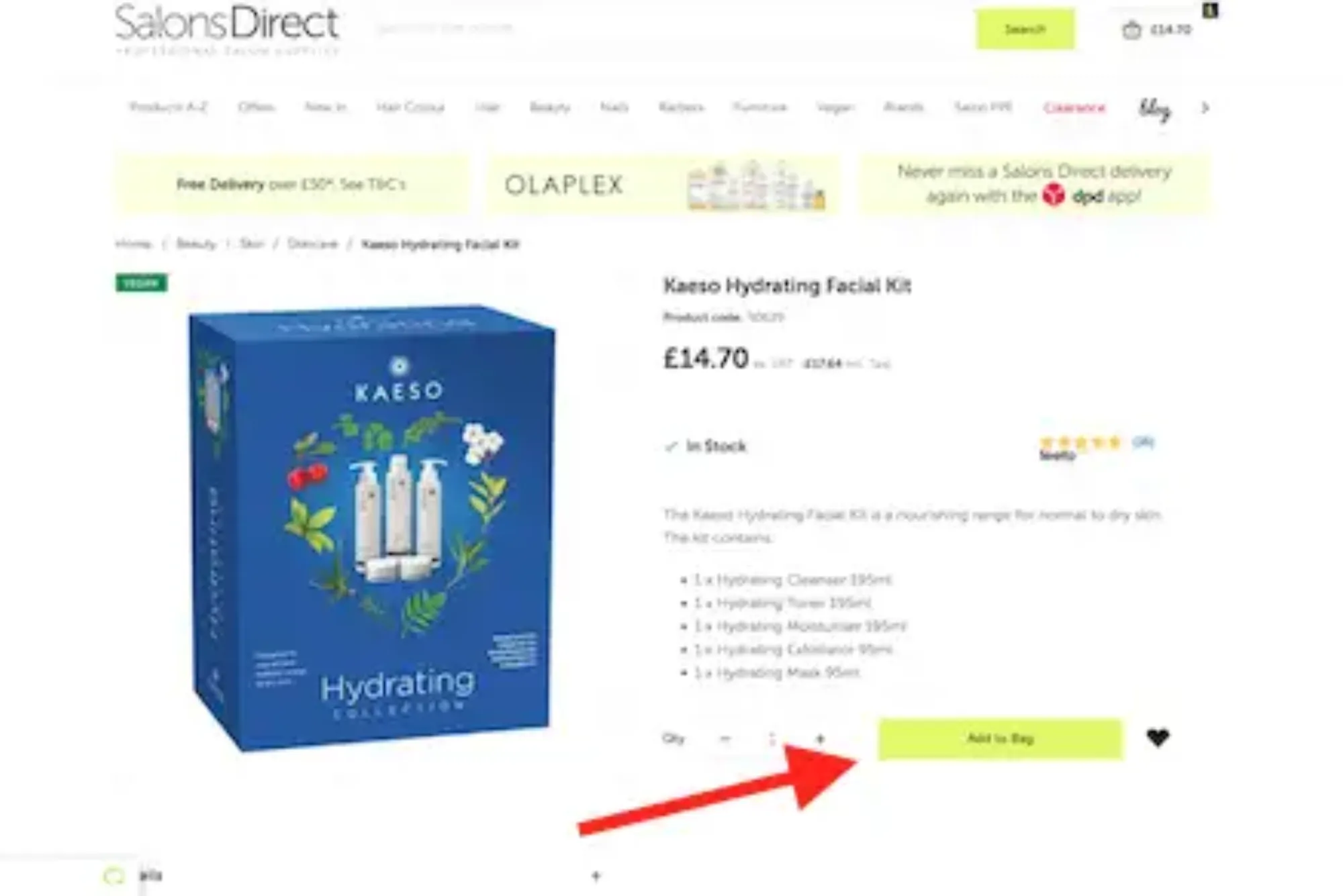For decades, traditional bookmakers were the go-to for punters looking to place a bet. You’d walk into a shop, scan the odds, and back a horse, team, or player to win. Bookmakers acted as the middleman, setting the odds and taking the risk in exchange for a profit margin. But over the past two decades, betting exchanges have emerged as a powerful alternative, offering a very different way to bet.
At first glance, the two systems might look similar — you still pick outcomes and wager money — but the mechanics, risks, and opportunities are distinct. Understanding the differences between exchanges and bookmakers is key to choosing the right platform for your style of betting.
The Core Difference: Who You Bet Against
When you use a bookmaker, you are always betting against the house. If you win, the bookmaker pays you. If you lose, the bookmaker keeps your stake. Odds are set by the bookmaker, who builds in a margin (often referred to as the “overround”) to guarantee long-term profit regardless of outcomes.
A betting exchange flips this model on its head. Instead of betting against the house, you are betting against other individuals. The exchange acts as a platform that matches buyers and sellers — one person backs an outcome to happen, while another lays (bets against) it. The exchange takes no risk on the outcome itself; it simply charges a commission on winning bets.
This peer-to-peer structure has reshaped the betting industry. Just as players exploring best slot sites uk look for more control, transparency, and value, exchange users enjoy flexibility and opportunities that don’t exist with traditional bookmakers.
Flexibility Through Back and Lay Betting
The most innovative aspect of betting exchanges is the ability to “lay” a bet. Laying means you’re acting as the bookmaker, offering odds that something will not happen. For example, instead of betting on a football team to win, you might lay them to lose or draw. If they fail to win, you profit.
This opens up strategic options unavailable with bookmakers. Traders can move in and out of positions, much like stock traders do in financial markets. You can back a horse early at high odds, then lay it later at shorter odds if its price drops, locking in a profit regardless of the result. Such trading is impossible in fixed-odds bookmaker systems, where your bet is locked the moment you place it.
Better Value for Punters
Odds on exchanges often represent better value for bettors. Since individuals are competing to match bets rather than relying on a bookmaker’s margin, prices tend to be closer to “true odds.” That means higher potential returns compared to bookmaker shops or sites.
Of course, the exchange takes a commission (typically between 2% and 5% of net winnings), but even after this, the payouts are often more favorable than those offered by traditional bookmakers. This difference is one of the key reasons serious bettors and professionals prefer exchanges for larger wagers.
Risk and Responsibility
One of the major differences lies in responsibility. With bookmakers, the risk is entirely on their side — they balance their books and manage exposure. With exchanges, if you choose to lay a bet, you’re taking on liability yourself. That means if you lay a horse at odds of 5.0 (4/1) for £10, you could potentially lose £40 if the horse wins.
This added responsibility can be daunting for casual players but empowering for those who understand risk management. It also underscores why exchanges are more suitable for experienced bettors who know how to manage liability and trade markets effectively.
Liquidity and Market Depth
Another factor that sets exchanges apart is liquidity. Liquidity refers to the amount of money available to be matched on a given market. For popular events like Premier League matches or the Grand National, liquidity is high, meaning you can back or lay large amounts at competitive odds. For niche events, liquidity may be low, which can limit your ability to get bets matched.
Bookmakers don’t have this issue — they will always take your bet at the advertised odds (within stake limits). On an exchange, however, you need someone on the other side of the bet willing to match your stake. This can be a limitation but also adds to the dynamic, market-like feel of exchanges.
Transparency and Fairness
Bookmakers sometimes face criticism for limiting or closing the accounts of successful bettors. Exchanges, on the other hand, generally don’t discriminate, since they don’t take on risk themselves. As long as you pay commission, you’re welcome to win as much as possible. This has made exchanges particularly popular with sharp bettors and professionals who seek a level playing field.
The transparency of odds is another key advantage. You can see all unmatched bets, available prices, and market movements in real time. This visibility allows bettors to make informed decisions, unlike bookmaker odds that are adjusted behind closed doors.
The Experience: Bookmakers vs. Exchanges
For casual bettors, bookmakers often provide a smoother, more straightforward experience. The odds are set, the interface is simple, and there’s no need to understand liability or liquidity. Many also appreciate the convenience of integrated services like bet builders, boosts, and in-play cash-out features.
Exchanges, however, appeal to those who enjoy strategy and market dynamics. The ability to trade positions, find value, and set your own odds creates a more interactive experience. For some, it feels closer to investing than gambling. But this complexity can be intimidating for newcomers, which is why many start with bookmakers before graduating to exchanges.
The Future of Exchanges and Bookmakers
The betting landscape continues to evolve. While bookmakers remain dominant due to their accessibility and brand presence, exchanges are carving out a strong niche among savvy bettors. Many operators now offer hybrid platforms, giving customers the choice of fixed-odds betting or exchange-style markets within the same app.
As regulations tighten and technology advances, exchanges could play an even bigger role in shaping fairer, more transparent betting. They represent the shift toward user-driven platforms where control rests more in the hands of players than operators.
Conclusion
Bookmakers and betting exchanges may appear similar on the surface, but their differences are fundamental. Bookmakers set the odds, take on risk, and profit from margins. Exchanges provide a marketplace where players bet against one another, enjoying flexibility, transparency, and often better value.
Neither model is inherently “better” — it depends on your style of betting. If you prefer simplicity, promotions, and a hands-off approach, bookmakers are still the obvious choice. If you enjoy strategy, trading, and being in control of your own odds, exchanges open up a world of opportunity.
Ultimately, understanding both systems empowers bettors to make smarter decisions and enjoy the betting experience in a way that suits their preferences and goals.









